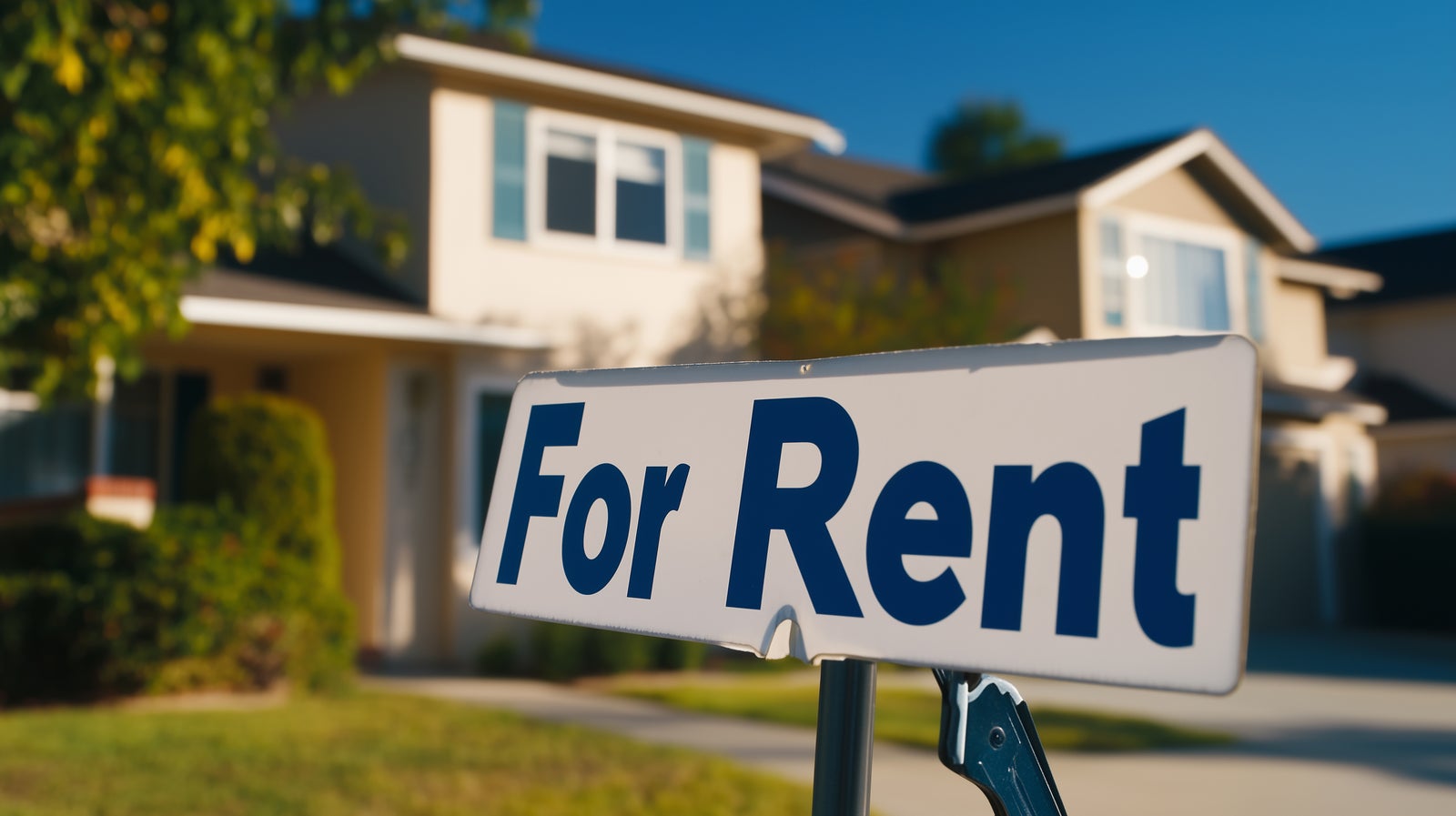
A landmark "Blueprint for a Renters' Bill of Rights" was recently unveiled by the Canadian government to address one of the nation's most pressing problems: affordable housing. This project seeks to safeguard tenants' rights as housing costs rise and a growing number of Canadians struggle to obtain secure housing.
You should be aware of the potential effects of this and the new mortgage regulations for 2024 if you rent or know someone who does. What you should know is as follows.
In addition, this principle calls for greater openness in the rental market by requiring landlords to reveal important details, including unit conditions and rental history. But will these rules be sufficiently strictly enforced to safeguard tenants, or will they just create more red tape?
Tenants should be aware of their rights and keep an eye out for changes to local housing legislation while we wait for more information. This year, for those weighing their options, choosing between purchasing and renting may prove to be even more important. To assist you in making the best decision, you may read more in our Rent vs. Buy post on the GTA blog.
You should be aware of the potential effects of this and the new mortgage regulations for 2024 if you rent or know someone who does. What you should know is as follows.
A New Era for Canadian Real Estate
The federal government’s plan outlines four core principles designed to protect renters: ensuring everyone has access to safe and affordable housing, fostering fairness and transparency, addressing inequities and discrimination, and safeguarding the renting system itself.
Though they seem optimistic, will these actions actually give renters an even playing field? Let's examine the issues at hand.
1. Safe and Affordable Homes for All
The dedication to guaranteeing that every Canadian has access to a secure, reasonably priced place to live is at the core of this plan. To stop unjustified rent hikes, the government intends to implement stronger rules, rent banks, and rental assistance programs. See our post on Toronto rent costs in 2024 for further information on the current rent situation in the city.
The hitch is that although the federal government is in charge of creating the framework, province and territory governments are in charge of putting these reforms into action. Therefore, depending on where you reside, this theory may or may not be successful.
2. Fostering Fairness and Transparency
Canada's renters have long dealt with ambiguous lease conditions, unannounced rent increases, and a lack of tenant protection. Standardizing rental agreements, background checks, and rent receipts is the goal of the Renters' Bill of Rights. See our piece on Toronto's average rent in 2024 for more details on how increasing rent may impact your living arrangements.
In addition, this principle calls for greater openness in the rental market by requiring landlords to reveal important details, including unit conditions and rental history. But will these rules be sufficiently strictly enforced to safeguard tenants, or will they just create more red tape?
3. Tackling Inequity and Discrimination
When renting, some groups—such as senior citizens, families with lone parents, and recent immigrants—frequently experience discrimination. In order to accommodate these differences, the design updates the law to cover topics like race, family structure, and even pet ownership.
This idea could assist in safeguarding vulnerable tenants by correcting disparities and enforcing basic housing requirements. The federal government's plan, however, still gives provinces and territories a great deal of discretion in determining how these requirements will be accomplished.
This idea could assist in safeguarding vulnerable tenants by correcting disparities and enforcing basic housing requirements. The federal government's plan, however, still gives provinces and territories a great deal of discretion in determining how these requirements will be accomplished.
4. Protecting the Rental System
Finally, the plan highlights the necessity of a rental system that is well-regulated. New enforcement tools mean that landlords who commit unfair acts will pay a heavier price. Additionally, renters will have easier access to information about their rights and legal assistance.
Will loopholes for dishonest tenants persist, or will these steps be insufficient to establish an equitable system for all renters?
Will loopholes for dishonest tenants persist, or will these steps be insufficient to establish an equitable system for all renters?
What Comes Next?
Although this plan gives promise, it's crucial to keep in mind that the provinces and territories now have a large portion of the blame. To make sure that the Renters' Bill of Rights doesn't end up as just another meaningless pledge, they will have to act seriously.Tenants should be aware of their rights and keep an eye out for changes to local housing legislation while we wait for more information. This year, for those weighing their options, choosing between purchasing and renting may prove to be even more important. To assist you in making the best decision, you may read more in our Rent vs. Buy post on the GTA blog.
The country's approach to managing rental housing may undergo considerable changes in the months to come. For the time being, it is still unclear if this plan will actually change the rental market or if it is only the beginning of a lengthy process towards housing reform.
Contact Us
Arm yourself with the information you need to properly negotiate the complexity of the real estate market.